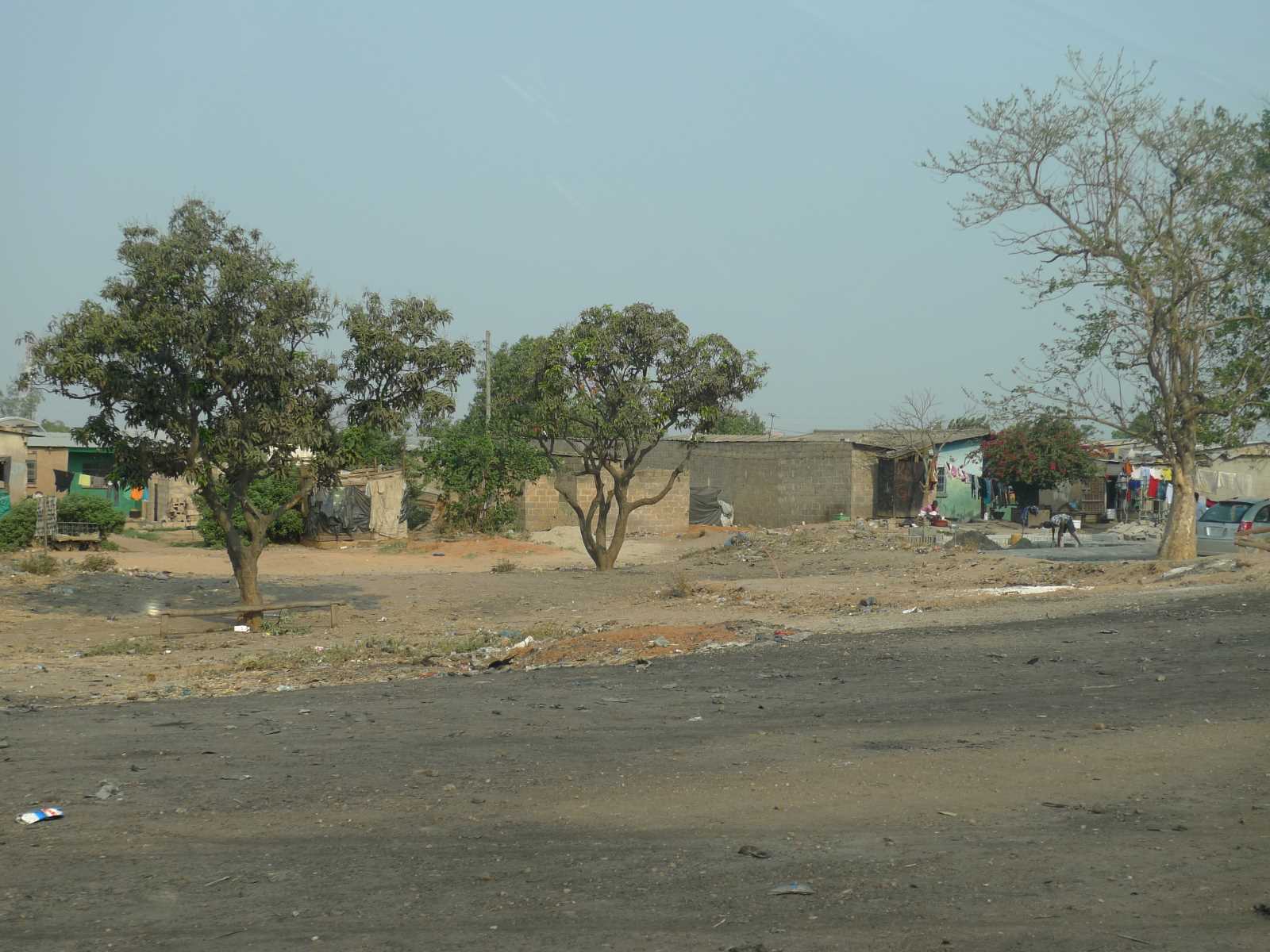Zambia
New money helps bail out bankrupt state

Even before the advent of Covid-19, Zambia was at high risk of overindebtedness (see Kathrin Berensmann on www.dandc.eu). The mainstay of its economy is the production of copper, the world-market price of which is quite volatile. It had been falling in the years preceding the pandemic. Another important economic sector is agriculture, which has also suffered in recent years due to droughts.
Since 2006, Zambia has been struggling with a growing mountain of public debt. As a result, debt- servicing costs increased exponentially (Saungweme and Odhiambo, 2018). In 2019, the IMF conducted a debt sustainability analysis, which revealed that the debt burden was increasingly suffocating the economy and pushing Zambia towards national bankruptcy. The main cause was high budget deficits due to infrastructure spending, as experts from the World Bank subsidiary IDA (International Development Association) argued in 2019.
According to the IMF definition, debt sustainability means that a sovereign government is able to meet its current and future debt payment commitments without going into default or having to request additional financial assistance. In 2020, Zambia no longer met this criterion. It stopped servicing external debt in November. The country was found to have accumulated $ 17.3 billion in external debt. About a third of it was owed to Chinese lenders. The total debt amounted to around 120 % of gross domestic product (GDP).
The government of President Edgar Lungu hoped in 2020 that help would be forthcoming from the IMF. But its relations with the Fund were strained. In 2016, it had applied for a $ 1.6 billion aid package, which the IMF had never approved. Lungu was considered to be tainted by corruption and lack of commitment to economic reform.
Multilateral complexity
The IMF has more confidence in the new President Hakainde Hichilema’s readiness to implement reforms. After the change of government in 2021, he concluded an agreement with the IMF. The Fund would grant a loan of around $1.3 billion to restore the country’s macroeconomic stability, but it would be conditional upon tough austerity measures and clear accountability.
The deal hinged on innovative debt restructuring, which has yet to be agreed and will involve all of Zambia’s creditors. That includes Chinese institutions. So far, China was normally generous in terms of postponing payment obligations, but very restrictive in terms of forgiving debt. According to the Common Framework for Debt Treatment, which the G20 adopted in 2020, an Official Creditor Committee for Zambia was established, and accordingly the IMF approved the $ 1,3 billion loan in the summer.
The Committee is chaired by France and China. The negotiations to set it up were difficult, and so are the talks regarding debt restructuring, with China demanding “clarifications” from the Zambian government and the IMF. An agreement is expected by the end of 2022 or soon after. It could serve as a template for similar negotiations regarding other over-indebted countries.
The loan should enable Zambia to transform its budget deficit – currently running at six percent of GDP – into a surplus of 3.2 % by 2025. That will require massive cuts in public spending. Accordingly, the government has thus rolled back subsidies on fuel and food. Petrol and diesel prices have risen more than 50 % since it did so.
To generate sustainable tax revenues, the government is also seeking reforms in the 2023-2025 budget. It wants to create a predictable environment for the mining industry, including stable copper prices and better electricity supply. That will strengthen the economy and thus boost macroeconomic stability.
Uncertain future
Whether the reforms will succeed is uncertain. History shows that IMF programmes sometimes result in an upswing, but sometimes fail. It depends on a country’s economic situation. It also matters whether it is a low- or middle-income country.
Graham Bird and Dane Rowlands warned in an empirical analysis in 2016 that IMF conditions often proved harmful for low-income countries. According to the two researchers, budget cuts reduce aggregate domestic demand by too much and thus keep people in poverty.
Regardless of such criticism, the IMF programme is essential for the survival and revival of Zambia’s economy. Without the additional money, the Zambian government would have had no options at all. In such an emergency, the IMF is an important source of financing because commercial lenders hardly give new loans to insolvent borrowers – and if they do, they demand even tougher conditions.
This year, Zambia is on a good path. Growth rates of three to four percent are anticipated in 2022 and 2023. Thanks to the IMF loan, the government has a chance to achieve macroeconomic stability. At present, the country has a strong trade surplus and a stable exchange rate. However, experience shows that the situation can easily be reversed if the price of copper falls. Moreover, the fast appreciating US Dollar is making foreign loans more expensive, which affects all developing countries and emerging markets (see André de Mello e Souza on www.dandc.eu).
Whether Zambia is on a sustainable course for the long term remains to be seen. Sooner or later it may well need IMF assistance again.
Reference
Saungweme, T., Odhiambo, N. M., 2018. An analysis of public debt servicing in Zambia: trends, reforms and challenges. Croatian International Relations Review, Vol. 24 No. 81.
Peter Mulenga is lecturer in economics at Copperbelt University in Kitwe, Zambia.
peter.mulenga@cbu.ac.zm
Chibvalo Zombe is also lecturer in economics at Copperbelt University.
chibvalo.zombe@cbu.ac.zm
Charles Chinanda is a recent graduate of economics at Copperbelt University.
charliechinanda@gmail.com














